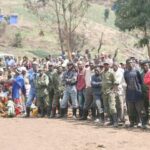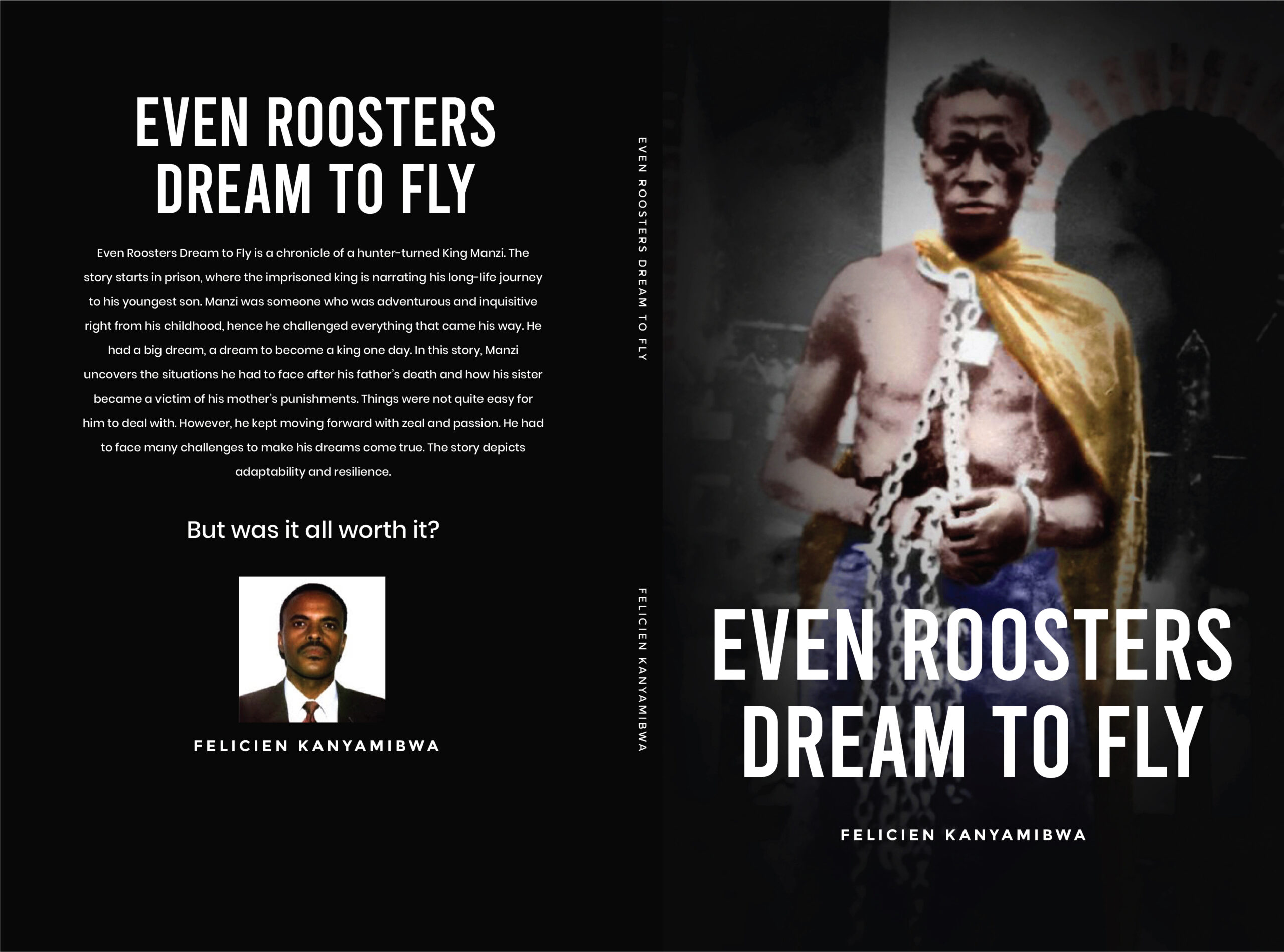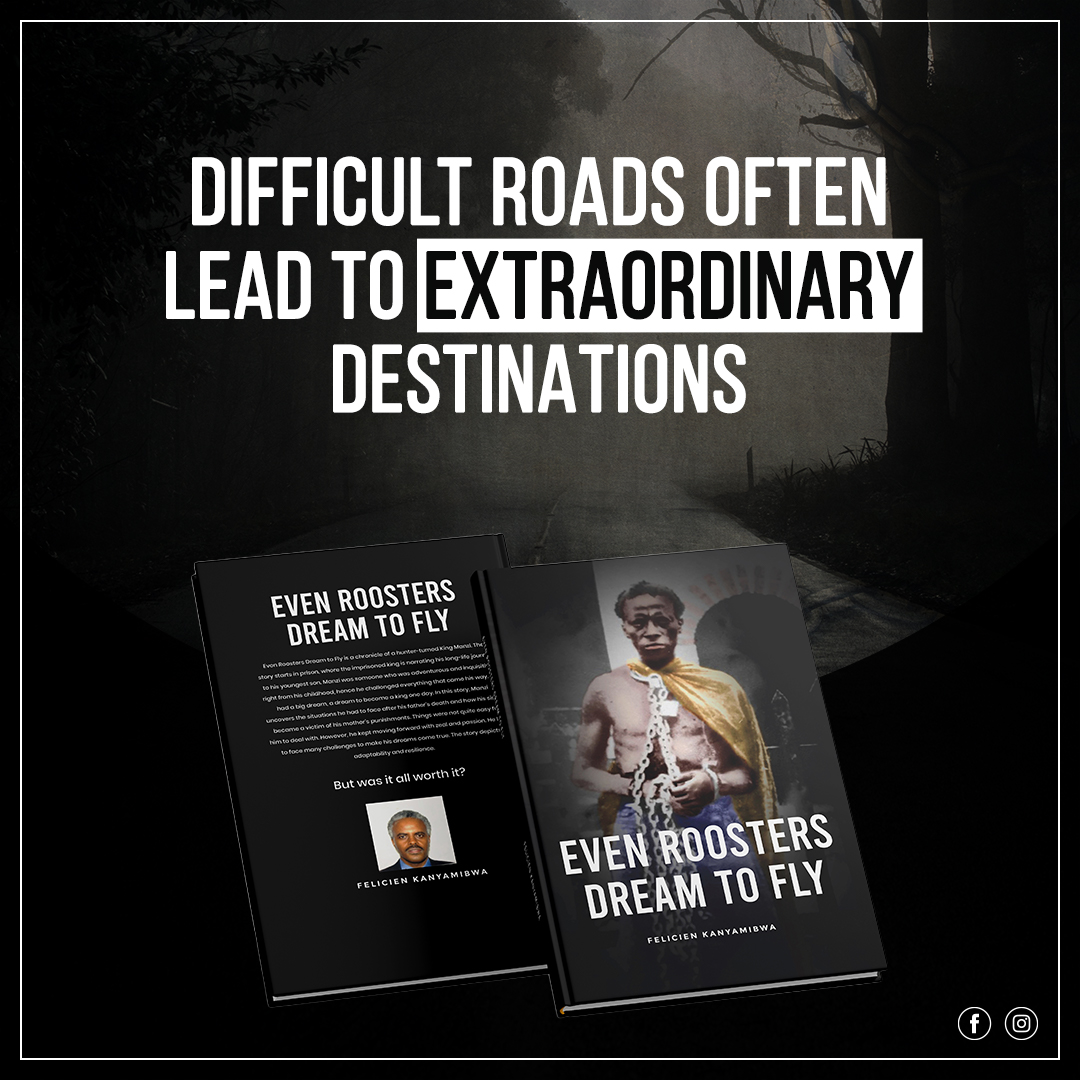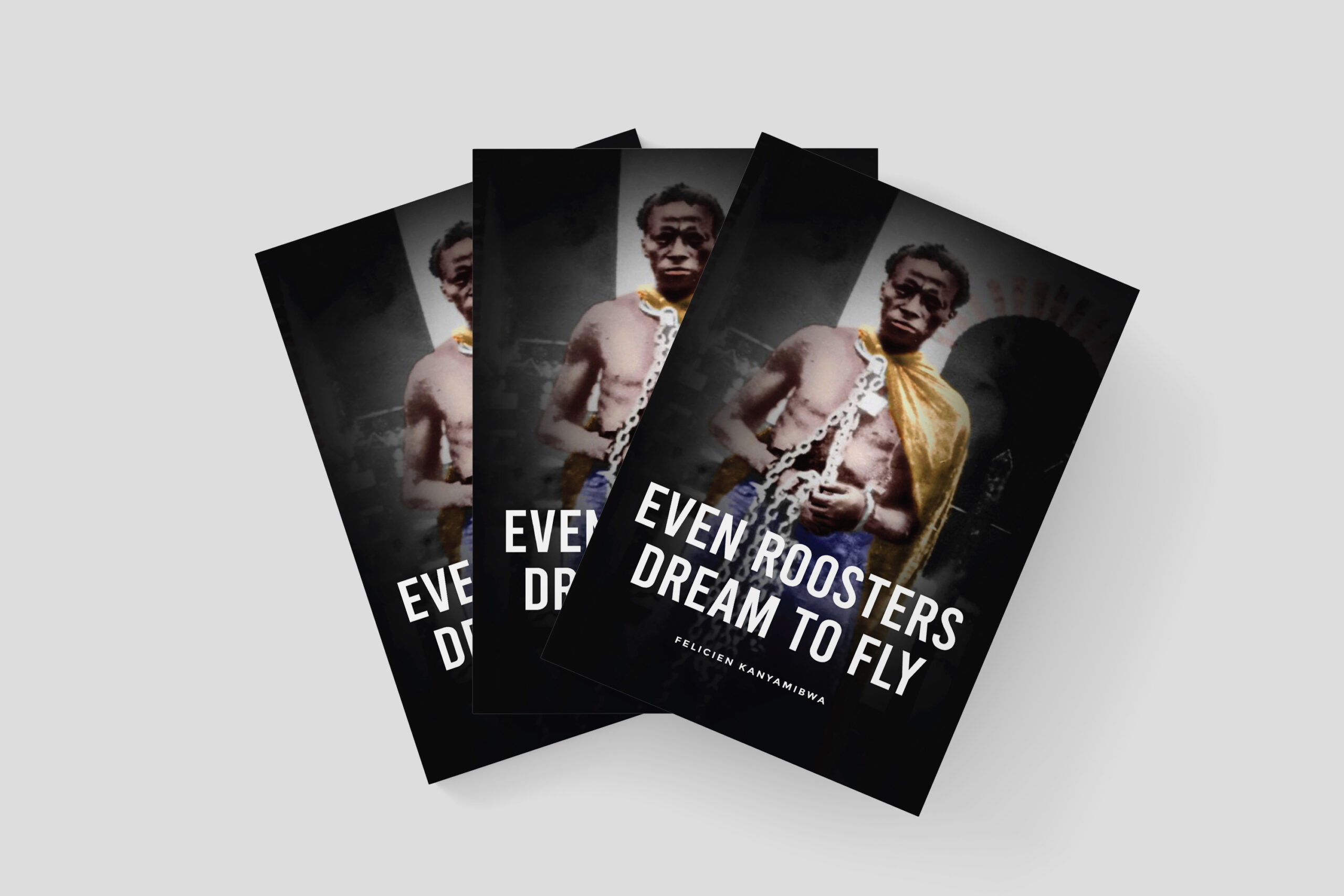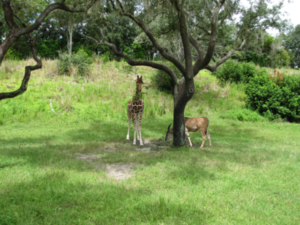On October 8, 2010 AfroAmerica Network published a discourse titled “A Case For General Paul Kagame: the President of Rwanda”. Following the publication, AfroAmerica got a lot of comments from the readers. Some reproached AfroAmerica Network of having turned pro-Kagame, others said we showed our bias against the regime led by General Paul Kagame and failed to focus on the multitude of its achievements, nitpicking every small slip by the regime instead.
The two opposing views show that AfroAmerica Network has continued its mission of being unbiased, while keeping dictators and other leaders aware of their responsibilities towards their citizens. From that perspective, we would like to continue with our series of discourses by looking at the dilemma dictators face while clinging on power. The discourse is long overdue given the momentous changes sweeping across Africa. These changes, painful in the short term, but rewarding in the near future, have rewritten the history of how determined people can get rid of entrenched dictators. These changes we are witnessing remind us of an interview one Rwandan rebel leader gave to NPR/PRI on January 23, 2009 (see here: http://www.pri.org/theworld/?q=node/24056) as highlighted in following excerpt:
KANYAMIBWA (NDLR: rebel leader): We think that there is a small clique of individuals who are ruling Rwanda. The majority happens to be Tutsis, but Tutsis and Hutus are also suffering. So we want to get all the groups together and stop that heritage of Tutsi or Hutu-led power.
KAVANAGH (NDLR: NPR/PRI journalist): And, RUDE leaders say, they will do it by force if necessary. RUDE has several hundred soldiers in eastern Congo. It’s a small force compared to other Rwandan Hutu militias there, but their aims are similar: return to Rwanda, justice for war crimes on all sides, and direct negotiations with Tutsi President Paul Kagame.
“KANYAMIBWA: Kagame has said no way. All the dictators in the world have started that way “ they said no way,” and it happens.
KAVANAGH: It happens?
KANYAMIBWA: Yeah. And it happens. By the end of the day, he will understand, because if he does not understand, then the end is going to be very, very bad.
What NPR/PRI did not ask and Mr. Kanyamibwa did not address is the dilemma faced by dictators. We will do it in this and following discourses.
The best example of a dictator who ended up like most of the dictators we see in Africa can be found in the Hebrew Bible: The mighty King Saul, the first King of united Israel. Chosen by God himself through the prophet Samuel, the main Judge of Israel, upon the request of the Jewish people, he reigned over 42 years, more like Muammar Gaddafi, a little more than Zine El Abidine Ben Ali of Tunisia, Hosni Mubarak of Egypt, Yoweri Museveni of Uganda, Robert Mugabe of Zimbabwe.
The similarities among the contemporary African dictators and Saul are staggering:
- The people of Israel asked for Saul, despite God having warned them about the danger of having a self serving king; a king they may worship, willingly or unwillingly. Contemporary dictators claim to have been chosen by the people;
- Saul was a soldier and showed his worth through wars after defeating his enemies and brutal massacres. Museveni was an army rebel leader who got to power after the massacres of Luwero triangle. Paul Kagame, a military officer, won power through a civil war, assassination of the Rwandan and Burundian presidents and genocides. Robert Mugabe led the armed rebellion which gained power after a violent independence war. Kadhafi overthrew a legitimate, but weak King.
- Saul was selected from the smallest tribe of Israel, the Benjamites, to the dismay of the major tribes. Paul Kagame is from the minority Tutsi tribe; Museveni from the tiny Ankole tribe; Mugabe from the small Shona tribe from his mother side, his father being a Malawian; Muammar Gaddafi from a small tribe of arabized Berbers, the Qaddadfa, who are stock-herders with holdings in the Hun Oasis.
- Saul soon became the personification of power, then erratic and then started to abuse his close advisors and the people. We heard tales of abuses in Rwanda, Uganda, Libya, Egypt, Zimbabwe, and Tunisia.
- Saul rebelled against the people who sponsored him especially Samuel. Paul Kagame did it against Museveni, Museveni against Gaddaffi, Gaddafi against the USA that backed his coup.
- Saul held public and vicious executions of opponents or perceived opponents including young boys. Thus, the future King David, then a young boy, narrowly escaped Saul’s spear, because Saul had heard David may be his potential heir to the throne. Gaddafi conducted public executions. Kagame not only conducted public executions, but also has held hundreds of thousands of Hutu in prisons for years without trials , led a campaign of genocide against Hutus in the Democratic Republic of the Congo, and assassinated or attempted to assassinate his opponents or perceived opponents. Mugabe is little more disciplined in that area, except sporadic violence against the opposition and the illegal expropriation of white farmers and destruction of squatters’ shacks. Also, Museveni has shown self restraint after the Luwero massacres and his support of the Rwandan rebels responsible for the assassination of the Presidents of Rwanda and Burundi in 1994 and the genocide and war crimes in the DRC in 1996- 1999. Hosni Mubarak and Beni Ali’s organized terror against their opponents is well documented.
- Saul tried to groom his sons for his succession. He committed suicide by falling on his sword in the battle against Philistines at Mount Gilboa to avoid capture. During the battle three of his sons were also killed. The succession to his throne was contested by Ish-bosheth, his only surviving son, and David, his sworn enemy. David eventually prevailed. Ish-bosheth was assassinated by his own captains. Yoweri Museveni has been grooming his son. Mubarak tried. Gaddafi has been grooming his sons. Paul Kagame is grooming his son.
- Saul outlasted the will of the people and ended up overthrown and killed. Ben Ali was lucky but may die in exile. Mubarak was even luckier but may die a pariah. Gaddafi is fighting on.
- Paul Kagame is hoping for the best. Yoweri Museveni is a born again peace maker and has been advocating dialogue with the opposition (see his March 21, 2011 statement here, received by AfroAmerica Network and also published in the Ugandan Government newspaper: New Vision and Titled: Libya Needs Dialogue – http://www.newvision.co.ug/D/8/12/749765”
There is no doubt that among the African dictators, Yoweri Museveni and to some extent, Robert Mugabe have chosen the best solution, well before the people go in the street and say: “Enough”. - Instead of saying: “No Way”, the Museveni and Mugabe appear to have been enlightened and said: “there is a way: Dialogue.” Not the kind of dialogue with themselves and their cronies, but with their staunch opposition. Robert Mugabe accepted to work with Morgan Tvangirai. Yoweri Museveni accepted to run against his opponent Cyiiza Besigye and most importantly is advising Dialogue in Libya, between Gaddafi and his armed opposition.
- Paul Kagame needs to listen. Perhaps it is time for him to start talking to his armed opposition, or his staunchest opponents. The same may go for Yoweri Museveni himself who has been battling multiple armed rebellions. But to do that, they will need to overcome the dictator’s dilemma.
Dictators’ dilemma is real. It is the scourge that keeps most dictators to turn vicious, cling to power and eventually to leave in violence if not killed or assassinated along with their relatives.
We will look at this curious scourge in our upcoming discourse: The Dictator’s dilemma part 2.
by Felicien Kanyamibwa, PhD, MqBA
©AfroAmerica Network, 2011





